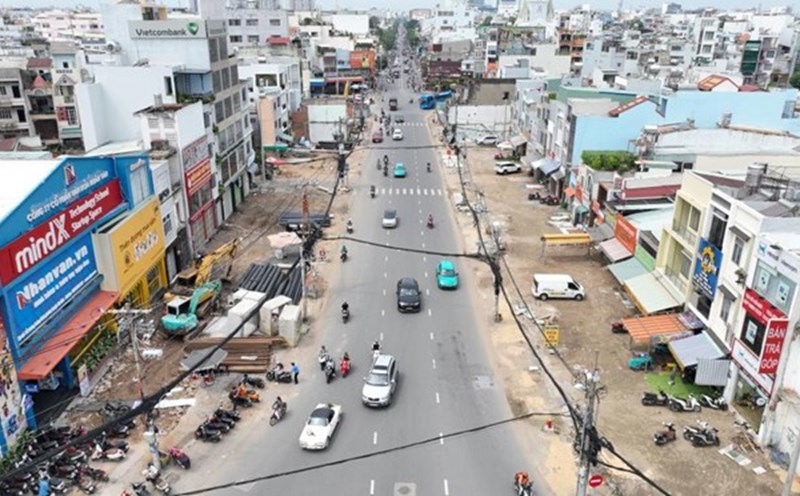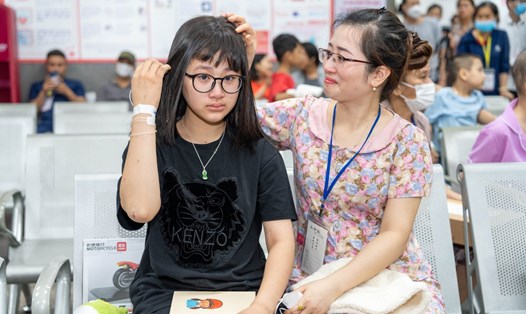Doctor Thuy Trang, Department of Clinical Hematology, 108 Central Military Hospital, said that in Vietnam, up to 70% of leukemia patients have believed in at least one misconception about their disease. From the fear that surgery will make the disease worse to the belief that Asian medicine can completely replace chemotherapy, these misunderstandings not only confuse patients but also easily lead to wrong treatment decisions, causing serious consequences.
Clinical reality at the Department of Clinical Hematology, 108 Central Military Hospital shows that, in addition to in-depth questions, patients and their families often ask many popular questions but lack medical facilities such as leukemia is a death sentence.
However, Dr. Thuy Trang said: This is not necessarily the case. Some types of blood cancer such as lymphatic white blood cells in children or lympho Hodgkin's tumors have a very good prognosis if detected early, with a 5-year survival rate of up to 80 - 90%. Thanks to methods such as chemotherapy, stem cell transplantation and immunotherapy, many patients can control the disease long-term, even out of the disease.
"Blood cancer is often not treated by surgery. In case bone marrow or lymph nodes need to be removed, it is a safe procedure, not causing further worsening, said Dr. Trang.
Blood cancer with genetic factors only accounts for a small proportion and is often associated with rare syndrome such as Li-Fraumeni, Fanconi... Meanwhile, the view that the disease is a " disadvantageous" has absolutely no scientific basis. The main causes are genetic changes, fossile disorders in bone marrow, exposure to chemicals, radiation or viruses.
According to Dr. Trang, many people believe that large blood transfusions will cure leukemia. However, blood transfusion is only a temporary support when the body lacks red blood cells or platelets. Basic treatment still has to rely on chemotherapy, stem cell transplantation or targeted medicine.
There is currently no scientific evidence to confirm that wholehealthy foods or dietary supplements can treat leukemia. Delaying or refusing modern medical treatment can cause the disease to progress worse.
In the early stages, leukemia can manifest itself with vague symptoms such as persistent fever, fatigue, abnormal bleeding, painless duodenal swelling, weight loss, night sweats... If these signs last more than 2 weeks, the patient should see a specialist.
Doctor Thuy Trang added that leukemia is not transmitted through normal contact. However, during treatment, especially during chemotherapy, patients should limit going to crowded places due to the high risk of infection.











